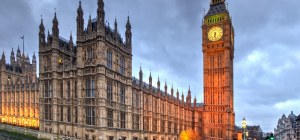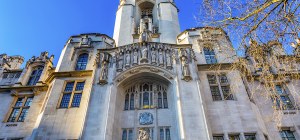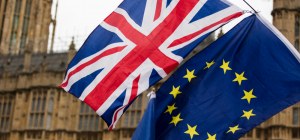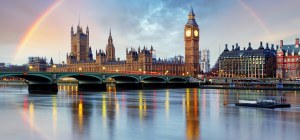Revisited – Mike Ashley: what might happen if he is held in contempt of Parliament?

David Mundy Partner & Parliamentary Agent
This article was originally written on 30 March 2016.
Newspapers have recently reported that Mike Ashley, founder of Sports Direct and owner of Newcastle United, has been summoned by the Business, Innovation and Skills Committee to attend a hearing on 7 June 2016. The Committee has been wanting to question Mr Ashley about the treatment of workers at Sports Direct, and so far he has refused to attend. The Committee has informed him that if he fails to comply with their latest request he may be in contempt of Parliament (this being where someone is held to have interfered with the proper conduct of parliamentary business). What could the consequences be?
This question is of more than academic interest. In the past few years a number of companies and well-known individuals have found themselves in front of parliamentary committees, and a number of them have received very negative media coverage for their troubles. Perhaps, if Parliament’s weapons were purely rhetorical, they who have been summoned would be tempted not to attend. Parliament can, of course, apply informal pressures: in 2011, no less a figure than Rupert Murdoch felt he ought to appear when summoned. Yet does Parliament have any more concrete, coercive powers to ensure attendance?
In theory, yes. The House of Commons can imprison someone until the end of the parliamentary session, and the House of Lords can imprison someone indefinitely. The Lords can also fine someone an unlimited amount. More prosaically, either House can reprimand the individual held to be in contempt.
These powers are not set out in any Act or regulation. Rather, they arise from parliamentary privilege, which is simply the sum of practices and customs of the House, established long before the modern preference for codification.
Of course, these powers have rarely been used since the nineteenth century. The last time that the power to imprison a non-member was seriously invoked was in 1880, and in 1977 the House of Commons explicitly resolved to use its disciplinary powers sparingly. Furthermore, the component parts of parliamentary privilege, being customs, are liable to lapse through disuse.
Furthermore, the modern House has to contend with other obstacles unknown to its nineteenth century predecessor. Significantly, there are now human rights considerations which potentially conflict with Parliament’s exercise of its notional powers. For example, if Parliament chose to use its power to physically detain someone, he or she who was so detained could claim that Parliament had breached the European Convention on Human Rights. Would the individual’s assertion of his or her Convention rights overrule the exercise by Parliament of its powers?
There is no straightforward answer, since this in turn engages an as yet unanswered question: which has precedence, rights conferred by the Convention or the authority of Parliament? Any such clarity as exists disappears as one gets into the particulars of where Parliament’s immunities end and where the Convention rights begin. Again, this point is not merely theoretical: in the case of A v United Kingdom [2002] the European Court of Human Rights did not refrain from considering whether a use of parliamentary privilege breached an individual’s Convention rights.
In spite of these uncertainties, the vast majority of those who are called to attend a select committee do so. Indeed, as a general rule, it is sensible to attend, though to receive professional advice on the process beforehand.
It may be that sometime soon an individual decides that, on balance, there is more to lose by attending than there is from being held in contempt. However, parliamentarians are aware of the deficiencies of the current system, and it would not take much for the House to formalise its powers.
In 2013, the Joint Committee on Parliamentary Privilege called for a tightening-up of Parliament’s penal capabilities, recommending that ‘the two Houses should build on our work to set out clearly the powers they reserve the right to exercise…and the means by which they will consider allegations of contempt’. As of the date of publication, this advice has not been taken up. However it seems increasingly likely that, eventually, Parliament’s resolve shall be put to the test.








